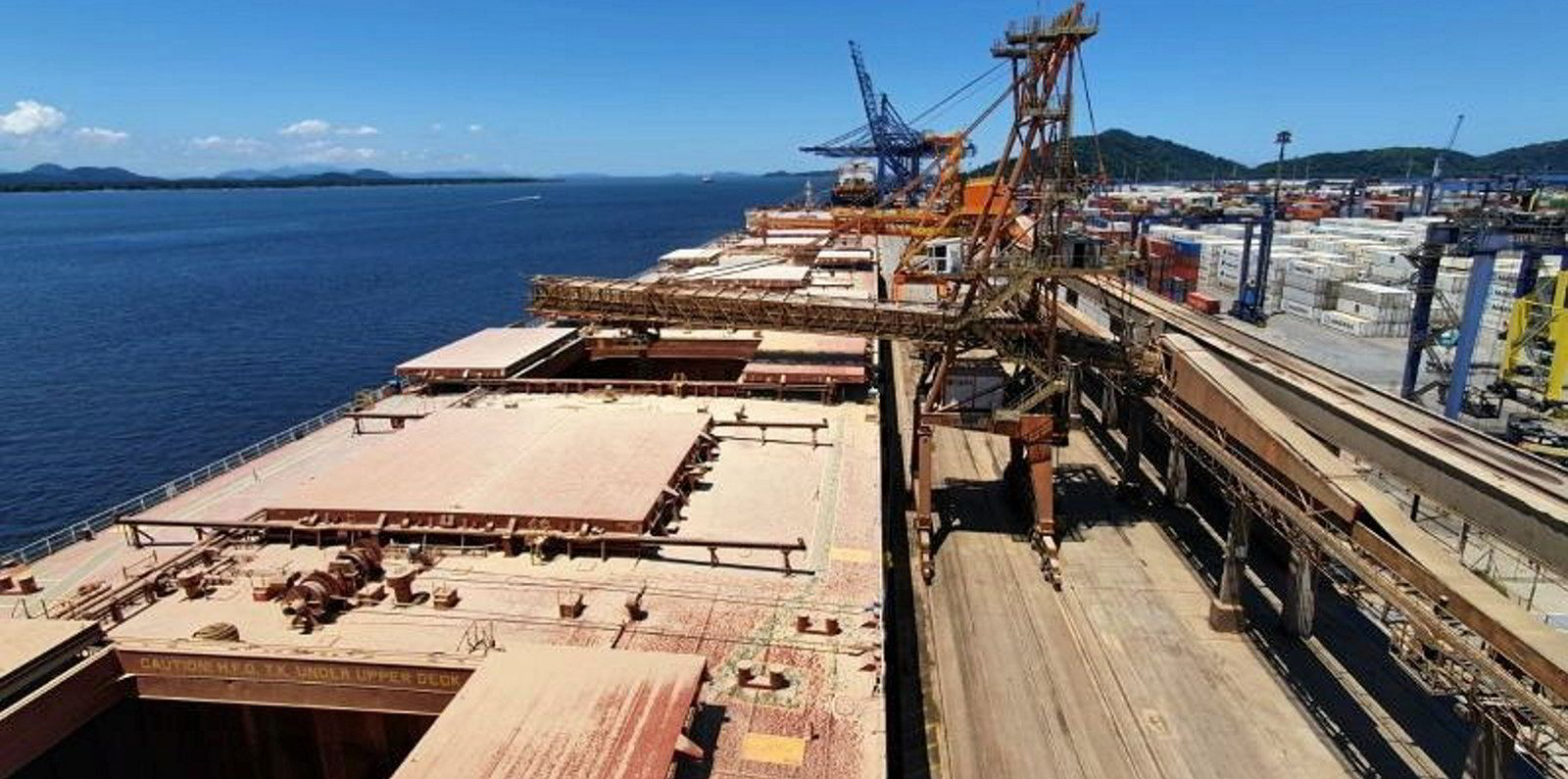Adjust your expectations. That has been the feeling in markets for capesize bulkers this week.
Average spot rate estimates were adjusted more than $2,000 lower on Wednesday, largely on the back of weakness in the Pacific, where fixing activity has slowed and rates have fallen accordingly.
All but one of the big mining companies have been absent from the market for almost a week.
“A mixed week with less activity in the Pacific and consequently rates declined,” Banchero Costa said in its weekly market report on Wednesday.
“The Atlantic market was quite busy with a good number of fixtures, especially from [south] Brazil and [West] Africa to the Far East, helping market sentiment to remain positive.”
The weighted average of capesize spot rates across five key benchmark routes (5TC) was assessed at $30,601 per day on Wednesday, $2,492 lower than the previous day.
This means the index has declined by 12% over the past week.
A huge $1.10 was wiped off assessments for the key iron ore voyage from Western Australia to China, which was assessed at $11.975 per tonne on Wednesday.
In contrast, the Brazil-China iron ore voyage was assessed just $0.69 lower at $29.965 per tonne.
Rio Tinto is the only big miner reported to have fixed capesizes in the spot market over the past week.
This week so far, it has booked three capesizes for ore voyages from Western Australia to China, reportedly paying as much as $12.90 per tonne for a ship on Tuesday, $0.25 per tonne more than another capesize it booked on Monday.
Rio Tinto also reportedly fixed Genco Shipping’s 181,100-dwt Genco Resolute (built 2015) on Monday for an iron ore voyage from Seven Islands in Canada to Djen-Djen, Algeria in early April at $17.25 per tonne.
Another capesize was reported fixed on Monday by the intriguingly named Treasure Boost Shipping, the shipping arm of Hong Kong iron ore trader Macrock International Group.
Treasure Boost booked an unnamed vessel for an ore voyage from Freetown in Sierra Leone to China at $29.75 per tonne, loading from 7 April.
Futures selling off
A big selloff in forward freight agreements was seen during the day’s trading on Tuesday, in the absence of much good news from the physical market and a lower freight index. The selling continued on Wednesday but to a less dramatic extent.
FFAs for front-month contracts settled thousands of dollars lower on Tuesday.
The biggest losses were in paper for April, which settled $3,779 lower on Tuesday at $30,457 per day, according to Baltic Exchange data.
May contracts printed $2,790 lower and more than $2,220 was wiped off June paper on Tuesday.
This means the backwardated forward curve for capesizes currently indicates daily rates of more than $30,000 from April, falling to just under $26,000 in August for capesizes.
During the middle of the day’s trading on Wednesday, bids for April contracts were around $2,000 lower than the previous close at $28,250 per day.
Bids for the second quarter were at $27,750 per day as of noon in London, around $1,100 lower than Tuesday’s settlement price.





